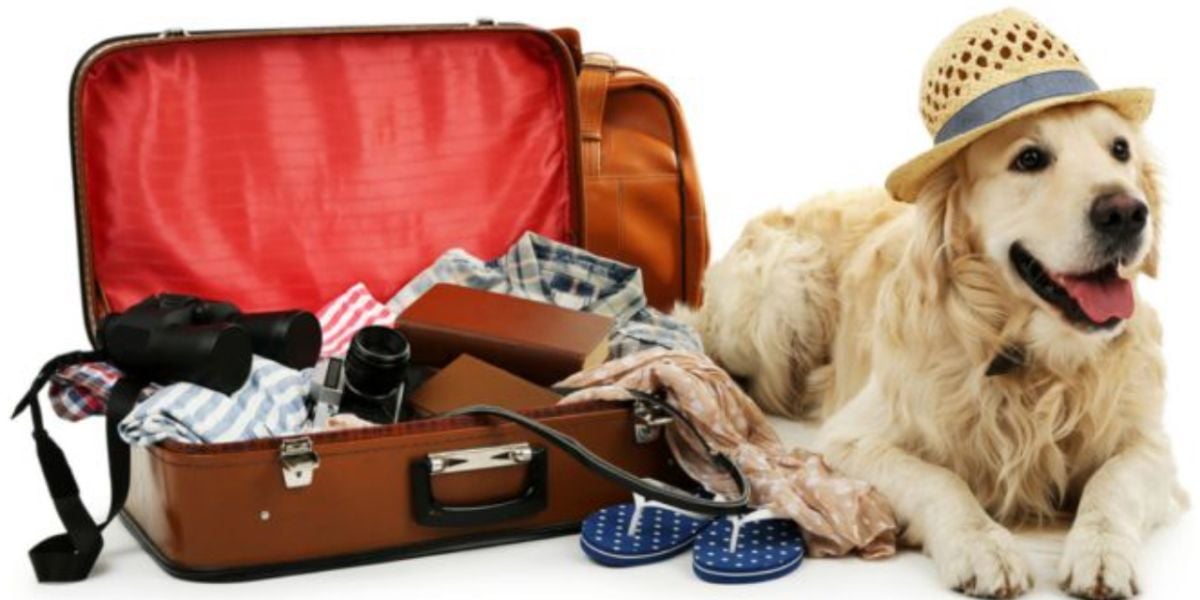
What should you do with your pet if you're moving to Switzerland? You can definitely bring your pet with you, provided you make the proper arrangements, whether you're coming from an EU country or elsewhere. Be sure to check with your carrier about their travel conditions for pets.

Defining “pets” in Switzerland
The following animals are considered pets in Switzerland:
- Dogs, cats, ferrets;
- Domestic rabbits, rodents;
- Birds, except hens, turkeys, guinea fowl, ducks, geese, quails, pigeons, pheasants, partridges, and racing birds;
- Reptiles and amphibians;
- Ornamental fish and ornamental aquatic animals;
- Invertebrates, except bees and crustaceans.
All pets traveling to Switzerland must be accompanied by their owners or a third party at immigration.
Bear in mind that a maximum of five pets can be imported into Switzerland.
Good to know:
Some pets are subject to special protection measures (e.g., certain birds). In such cases, find out what you need to do here.
Procedures for importing pets into Switzerland
Most pets can enter Switzerland from other countries without a health certificate or special authorization as long as they are not protected species.
However, dogs, cats, ferrets, and birds are subject to specific regulations due to concerns about rabies or avian flu.
For dogs, cats and ferrets
For dogs, cats and ferrets traveling to Switzerland from the EU, you will need to provide the following documents:
- An official pet passport;
- Identification by microchip (this must be done prior to rabies vaccination);
- Rabies vaccination certificate.
For those entering Switzerland from a non-EU country, the required documents are generally similar to those needed for EU countries, but additional documents may be required depending on the animal's country of origin. You can find all the specific import conditions and required documents in the section titled "Crossing the border with your dog, cat, or ferret.”
Good to know:
Animals under 12 weeks old can be imported without a rabies vaccination. However, their owners must complete a form stating that the animals have not had contact with wild animals.
Pets can enter Switzerland no earlier than 21 days after their rabies vaccination. If a pet is coming from a country with a high risk of rabies, it must meet additional requirements, such as a blood test or import authorization, before being admitted.
For birds
The EU does not provide special measures if your bird is not a protected species.
If your bird is coming from a non-EU country, it will need to undergo a border veterinary inspection, which can be done at Zurich or Geneva airports.
Useful link:
We do our best to provide accurate and up to date information. However, if you have noticed any inaccuracies in this article, please let us know in the comments section below.








